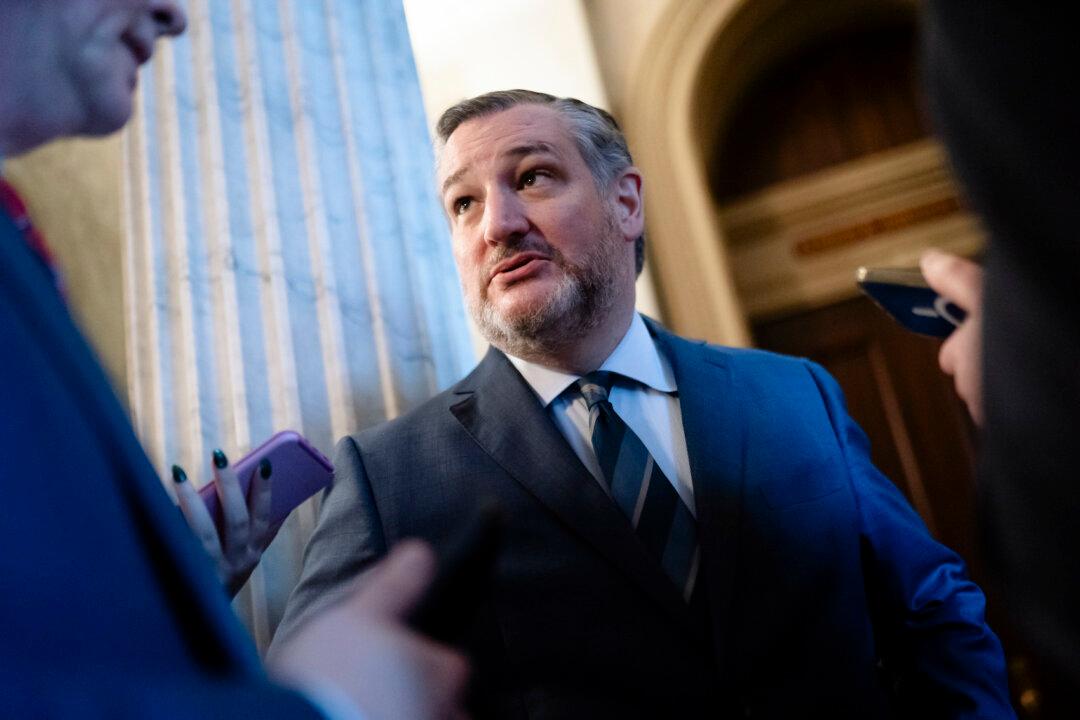Sen. Ted Cruz (R-Texas) introduced legislation on July 29 to minimize the influence of China and other foreign actors in schools across the United States.
The Transparency in Reporting of Adversarial Contributions to Education (TRACE) Act would address an issue that has gained significant attention, as states such as Oklahoma have attempted to mitigate the impact of programs that are associated with the Chinese Communist Party (CCP).





